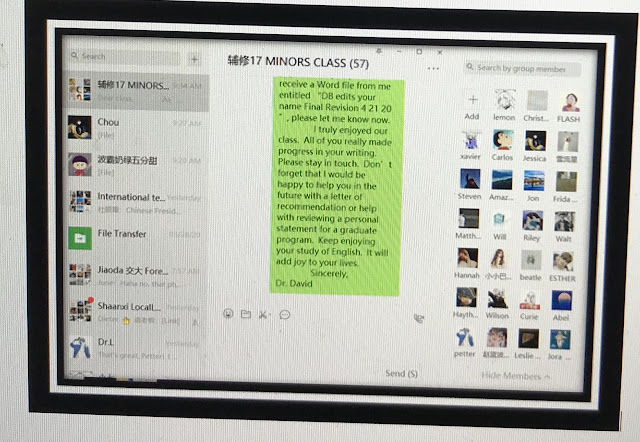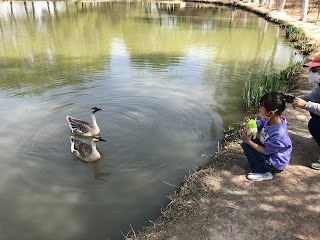How I Fell in Love with Chinese Culture

Do you remember the first time you fell in love? Did you ever stop to analyze what happened? Was it the way she tied a red ribbon in her hair or maybe his deep, soulful eyes that grabbed you? Maybe there was something about the state of your mind at that moment that predisposed your brain to the chemical reaction that made you say, “I’m so happy! I’m in love!”. I have been analyzing my love for Chinese culture and can trace its development from my childhood through today. Like most kinds of love, it has evolved. As a boy, it began with my stomach; moved to my heart as a young man, and now, in late middle age has spread to my brain and soul. I grew up in rural, upstate New York in the 1970s. For my birthday, my parents often took me to what was probably the only Chinese restaurant in Schenectady. I can still recall the smell of the garlic and oil outside the restaurant. I would always ask for the same thing: wonton soup and ch


